United States v. Blondek: Examining FCPA and Foreign Official Bribery
VerifiedAdded on 2023/06/05
|6
|402
|394
Case Study
AI Summary
This case study delves into the United States v. John Blondek case, highlighting its significance in controlling dishonest foreign officials who accept bribes, aligning with the Department of Justice's strategy to target the demand side of foreign bribery. The analysis includes examination of court decisions and legislative history related to the Foreign Corrupt Practices Act (FCPA). Referencing the Supreme Court's decision in Gebardi, the study notes the potential exemption of certain individuals from punishment, even when involved in legal violations. The Fifth Circuit Opinion's stance on impeaching foreign officials under 18 USC 371 for FCPA conspiracy is also discussed, noting that foreign officials accepting bribes were not tried under FCPA. The conclusion emphasizes that foreign officials conspiring to violate FCPA's anti-bribery provisions may not be prosecuted, supported by the rationale that foreign countries should prosecute their own officials for bribe-taking.
1 out of 6
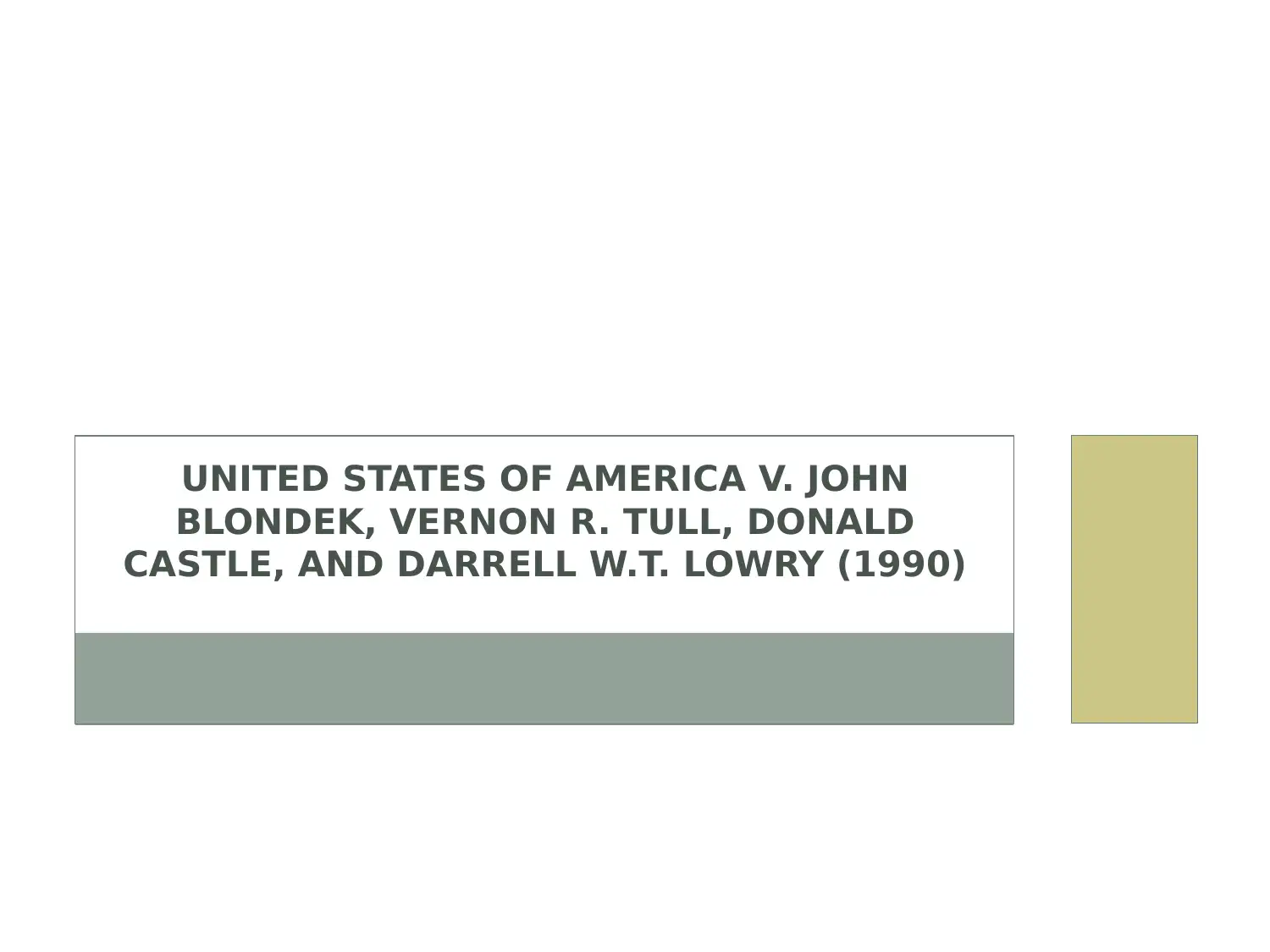
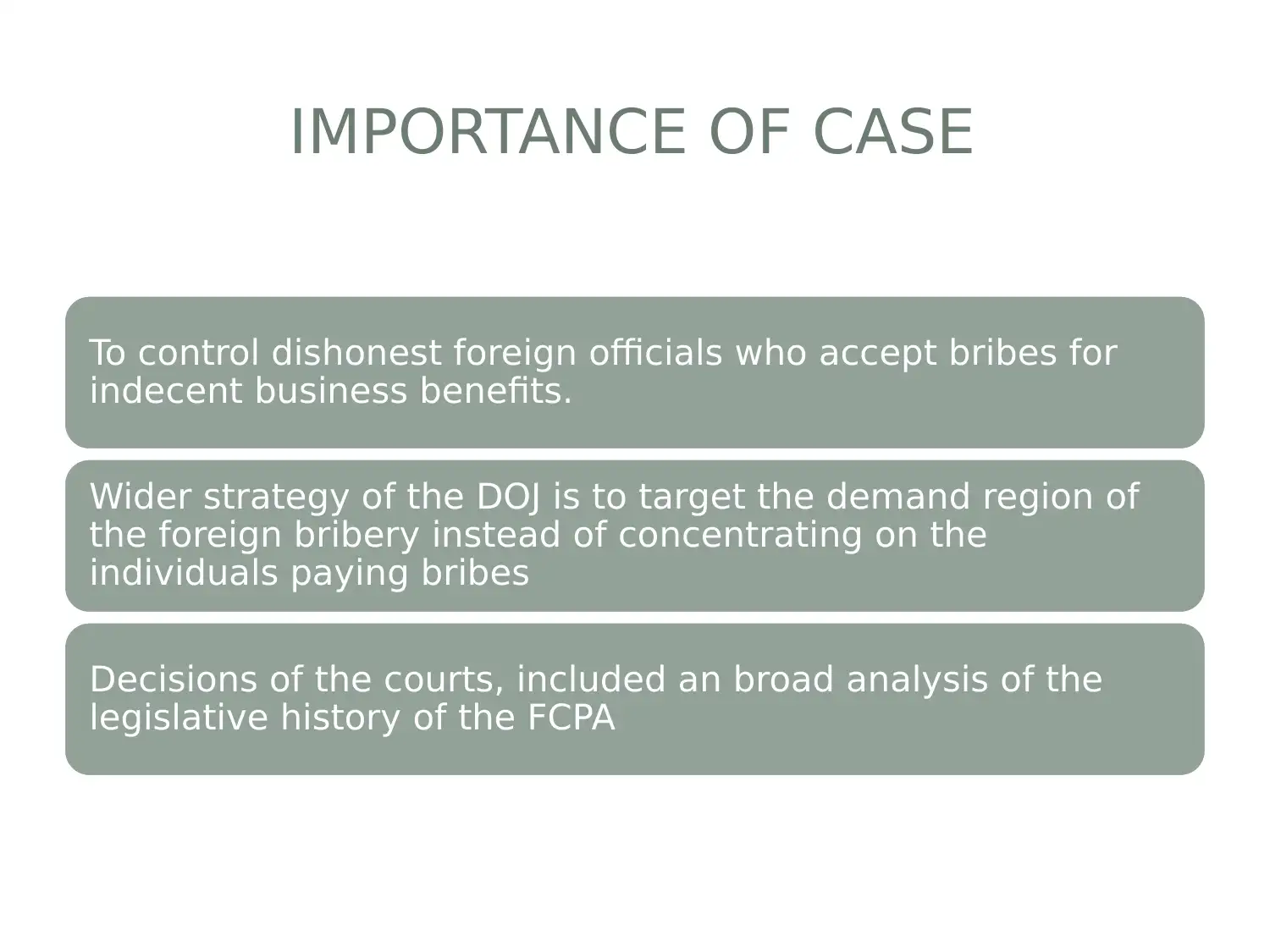
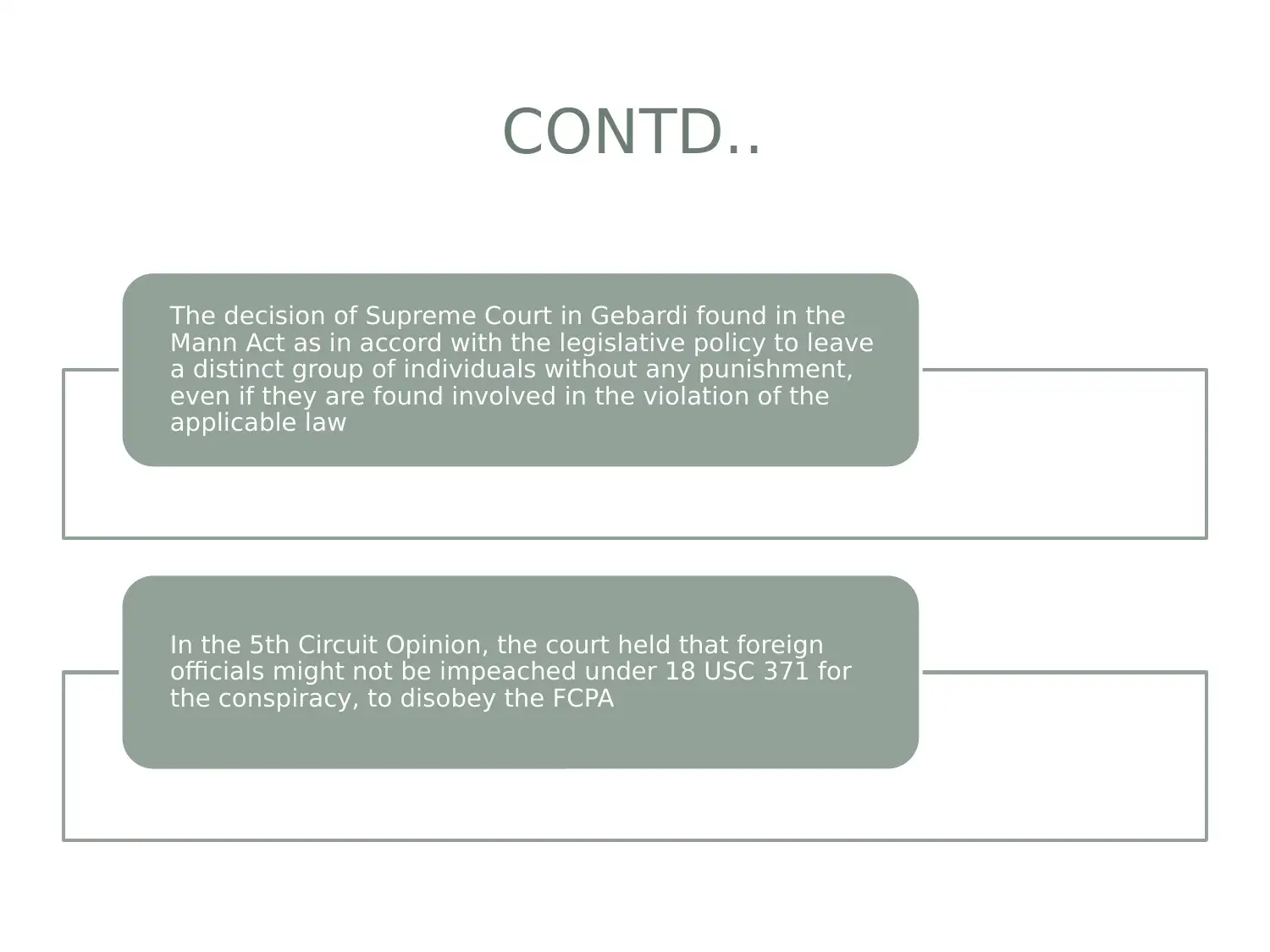

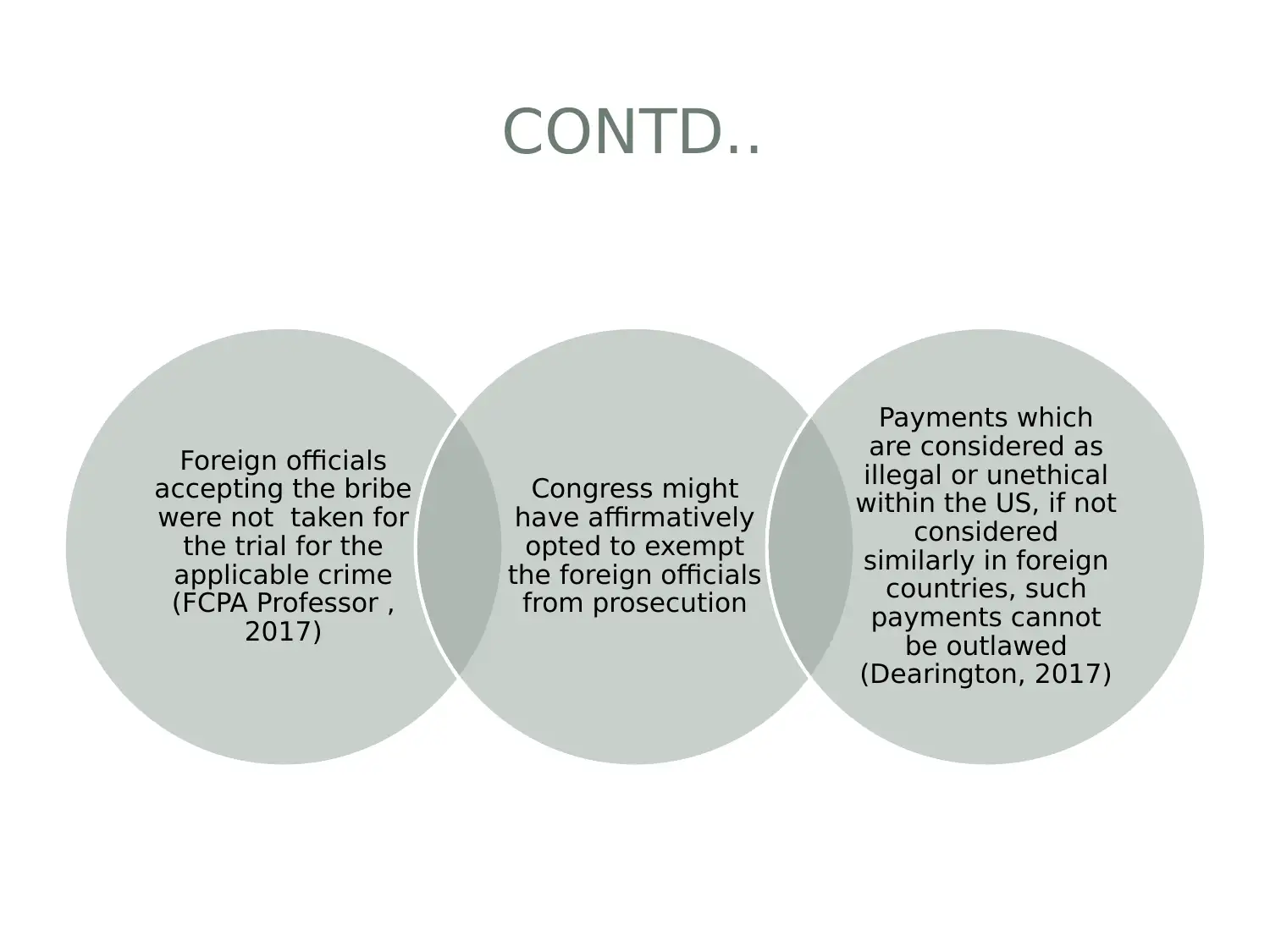
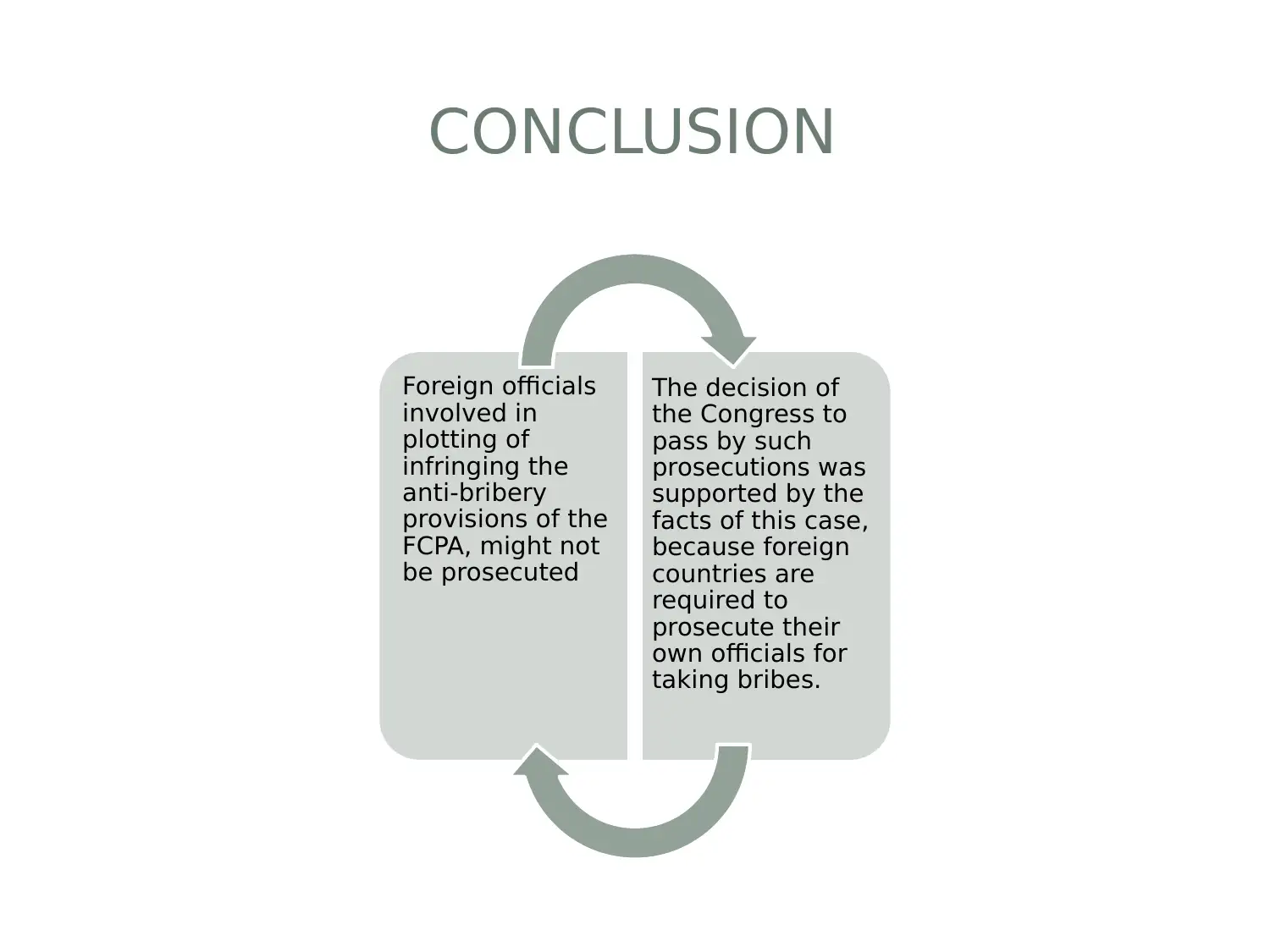
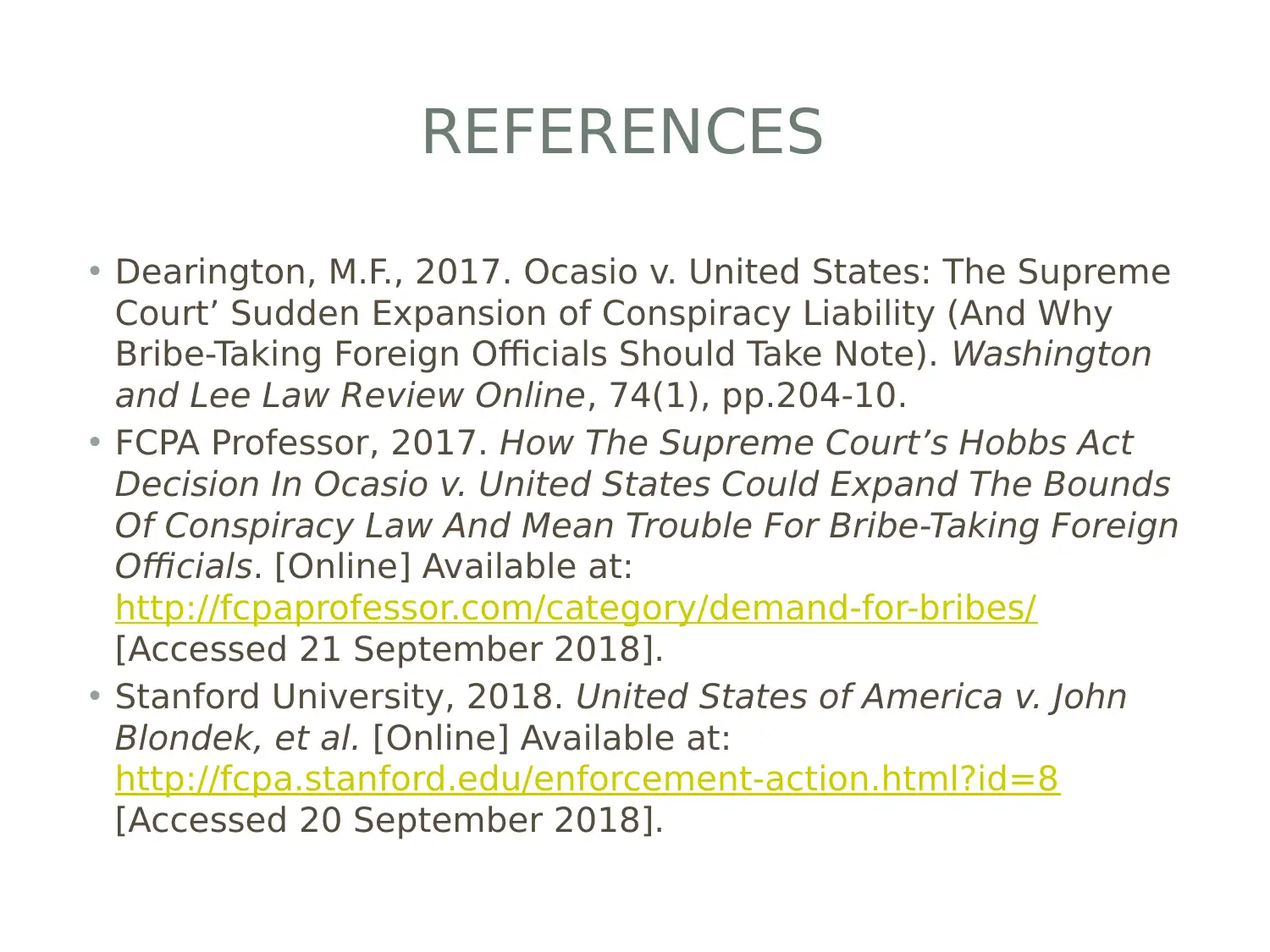



![[object Object]](/_next/static/media/star-bottom.7253800d.svg)